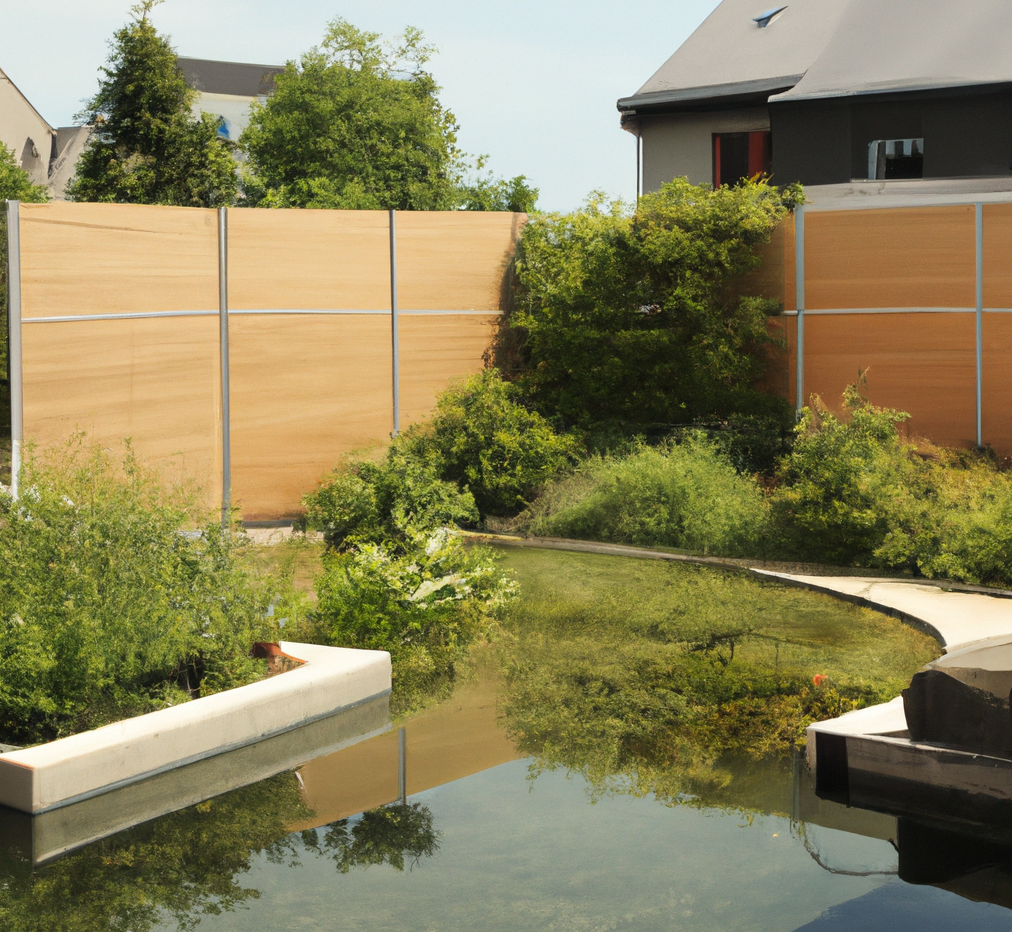What Is A Natural Pool?
Posted on June 22, 2023 • 3 minutes • 433 words
A natural pool is a swimming pool that uses plant life and other natural processes to keep the water clean, without the need for chemicals. Natural pools are also known as swimming ponds, biopools, or ecological pools.
Natural pools are designed to mimic the natural water cycle. The water in a natural pool is constantly moving, which helps to prevent algae growth. The pool is also divided into two zones: a swimming zone and a filtration zone. The filtration zone is planted with water plants that help to filter the water and remove pollutants.
Natural pools have a number of advantages over traditional swimming pools. They are more environmentally friendly, as they do not require the use of chemicals. They are also healthier for swimmers, as they do not contain chlorine or other chemicals that can irritate the skin and eyes. Additionally, natural pools are often more aesthetically pleasing than traditional swimming pools, as they blend in with the surrounding landscape.
Here are some of the benefits of natural pools:
- No chemicals. Natural pools do not require the use of chemicals such as chlorine or bromine to keep the water clean. This makes them more environmentally friendly and healthier for swimmers.
- Clear water. Natural pools can be just as clear as traditional swimming pools, without the need for chemicals. This is because the plants in the filtration zone help to filter the water and remove pollutants.
- Low maintenance. Natural pools require less maintenance than traditional swimming pools. This is because the plants in the filtration zone help to keep the water clean.
- Aesthetically pleasing. Natural pools can be more aesthetically pleasing than traditional swimming pools. This is because they blend in with the surrounding landscape.
If you are considering installing a swimming pool, a natural pool is a great option. They are healthier, more environmentally friendly, and lower maintenance than traditional swimming pools.
Here are some of the drawbacks of natural pools:
- Cost. Natural pools can be more expensive to install than traditional swimming pools. This is because they require more materials and labor.
- Space requirements. Natural pools require more space than traditional swimming pools. This is because they need to include a filtration zone.
- Water quality. The water quality in a natural pool can be more sensitive to changes in the environment. This means that it is important to monitor the water quality regularly.
Overall, natural pools are a great option for people who are looking for a healthier, more environmentally friendly, and lower maintenance swimming pool. However, they are more expensive to install and require more space than traditional swimming pools.
